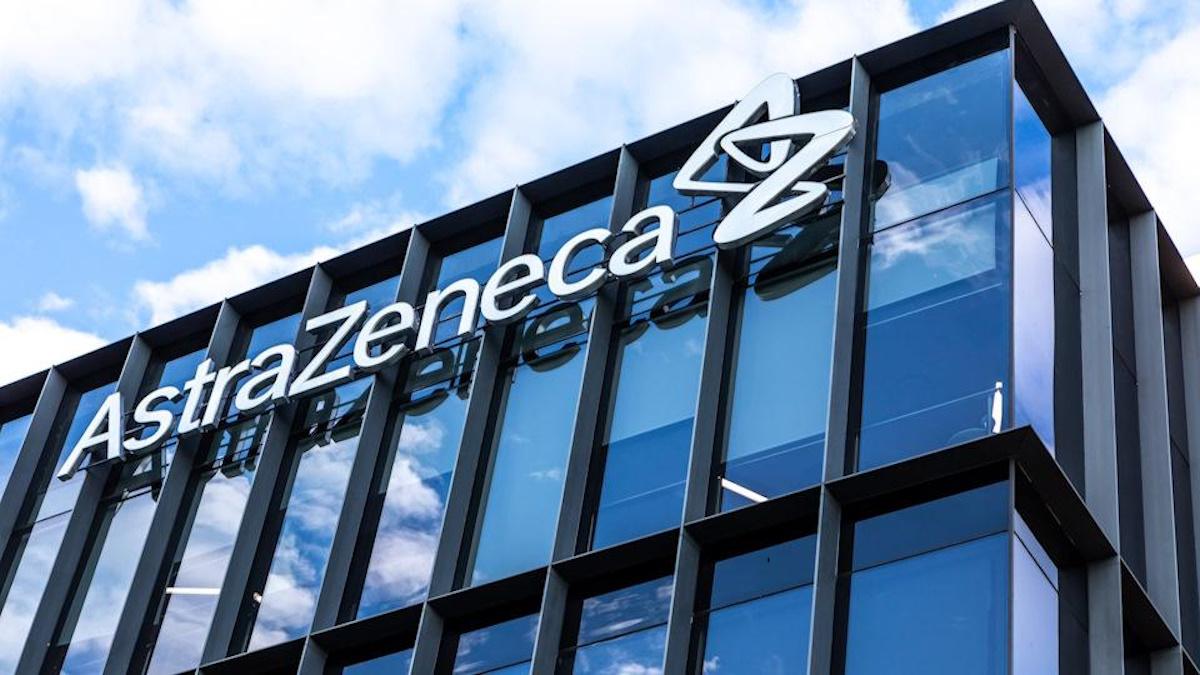AZ shares weaken as China investigation rumours swirl

AstraZeneca's shares have fallen more than 8% on speculation about an anti-corruption probe in China, its second-largest market, wiping around $14 billion off its value.
The sell-off appears to have been prompted by an article in Chinese financial media outlet Yicai, which suggested that "dozens of senior executives" at AZ's Chinese subsidiary have been implicated in an ongoing insurance fraud case.
Last week, AZ confirmed that Leon Wang, president of its China operations, was cooperating with an investigation by Chinese authorities, without giving any indication of the reasons for the probe, which also caused weakness in its shares.
In a new statement, the company said: "As a matter of policy, we do not comment on speculative media reports, including those related to ongoing investigations in China. If requested, we will fully cooperate with the Chinese authorities."
The company – whose shares have lost around 10% of their value since it announced that Wang was under investigation – added: "We continue to deliver our life-changing medicines to patients in China and our operations are ongoing."
Earlier this year, AZ reported that some of its current and former employees had been taken into custody in China as part of an investigation into data privacy breaches and the import of unlicensed medicines.
Meanwhile, in early 2022, the National Healthcare Security Administration (NHSA) claimed that AZ sales reps had altered patient diagnostic tests to boost prescriptions of its lung cancer drug Tagrisso (osimertinib) and defraud insurance companies in a case investigated in the city of Shenzhen, with other cases reported in the provinces of Fujian and Jiangxi.
That investigation has resulted in a series of charges against AZ staffers and convictions with prison sentences of more than 10 years in some cases, according to Yicai, which suggested that high sales targets placed on reps had been "a major factor in the firm's compliance issues."
The spotlight on AZ – thought to have the largest presence in China of any overseas pharma group, with sales there reaching $5.9 billion in 2023 – comes in the context of a wider scrutiny of the healthcare sector by the Chinese authorities.
Last year, a major crackdown was announced on suspected corruption in the medical, pharma, and insurance sectors – along with other sectors – which has resulted in dozens of senior figures coming under scrutiny.
The country has been contending with rising healthcare costs at the same time as it deals with an economic slowdown, rising unemployment, and a fall in foreign investment tied to the amplification of geopolitical tensions.












